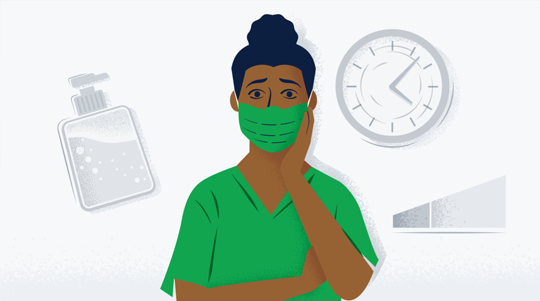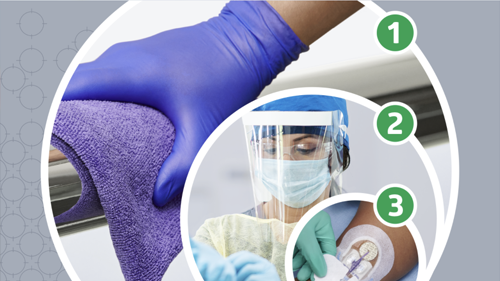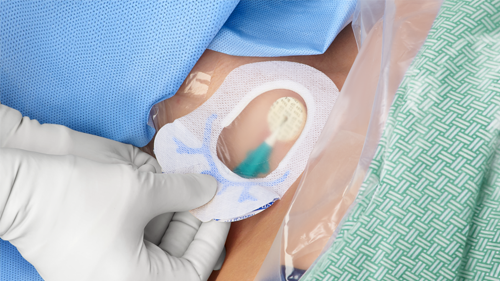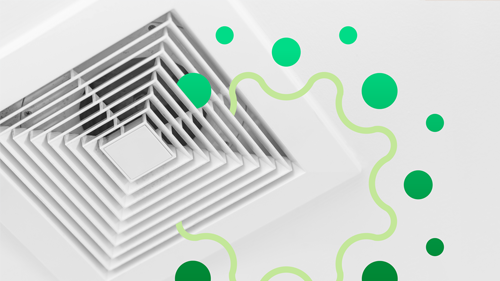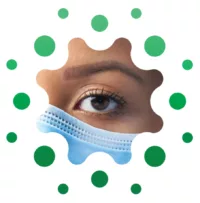Nasal decolonization with alcohol swabs helps prevent infection
Third-party testing shows an 88.8% bacteria reduction in healthy adults
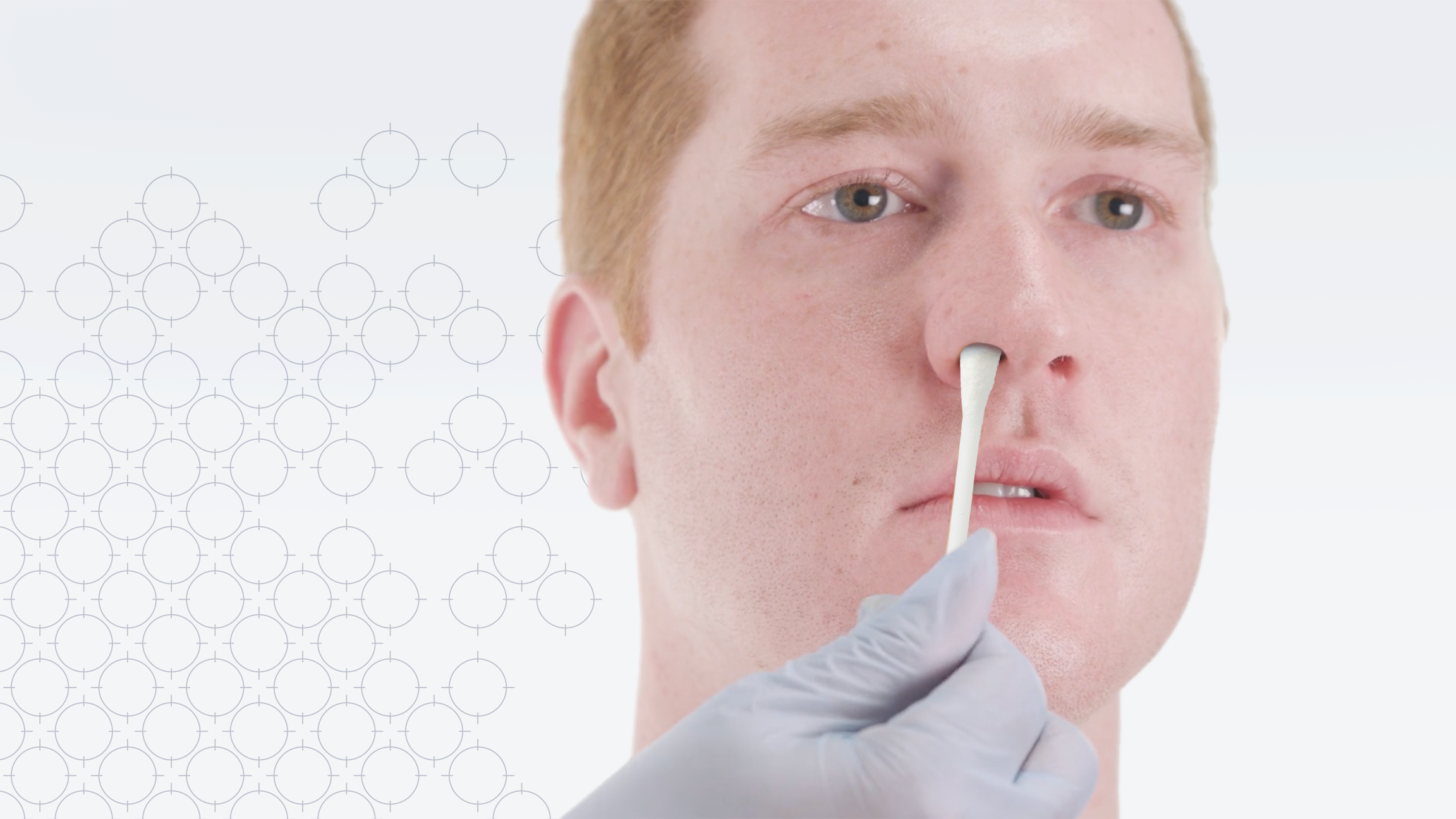
There is a high risk that staphylococcus aureus can lead to dangerous bacterial infections in hospitalized and post-operative patients. It’s no wonder that it’s aways on clinicians’ minds, particularly when:
- 30% of the population—or one in three of us—are permanent and asymptomatic carriers of S. aureus in the nose.1
- 80% of surgical site infections stem from a patient’s own nasal flora.2
And while antibiotics are commonly used to reduce nasal colonization, using them in patients prior to admission may not be appropriate for consistent prevention of S. aureus infections in the healthcare setting. It may even promote antibiotic resistance.3,4
The major reservoir for S. aureus is the nose, and when you have it there, you’re going to have it on your body.

Scott Peters
Director, Clinical Projects, Medline
Nasal swabs—an alternative to antibiotics
Antiseptic nasal swabs can be a safe and effective alternative to antibiotics in reducing nasal colonization of S. aureus and other harmful micro-organisms.5 Povidone iodine nasal swabs, recommended by the Centers for Disease Control and Prevention, have for years been considered the gold standard among providers for nasal decolonization. “Doctors use it because they know it works,” says Scott Peters, Medline Director of Clinical Projects.
Still, infection preventionists and clinicians were looking for additional ways to prevent infections through nasal decolonization—a proven method that can be used every day with every patient, not to mention visitors and healthcare workers to help reduce the risk of infection.
To help address this need, Medline launched alcohol nasal swabs two years ago in addition to its povidone iodine swab sticks. Pre-saturated with 62% ethyl alcohol (EtOH), the swabs help provide effective nasal decolonization with minimal nasal irritation. In contrast to povidone iodine, the alcohol swabs feature:
- Faster kill. Alcohol swabs kill immediately, while povidone iodine, once it dries, stays in the mucus membrane and kills bacteria for a long period of time.
- Better experience. Alcohol swabs go on clear, dry clear, are enhanced with emollients and moisturizers, and have a pleasant fragrance. Povidone iodine is a brown gel that some patients find to be unpleasant and is not always user-friendly.
Alcohol nasal decolonization—there is more evidence
Data from in vitro (lab) analysis of the alcohol nasal swabs show up to a 6-log reduction of S. aureus. To further evaluate the antimicrobial efficacy of its alcohol nasal swab in reducing S. aureus colonies and total bacteria numbers in the nostrils, Medline conducted a randomized clinical study of healthy adults through a third-party testing facility.
Study methods
- Investigators screened more than 300 recruits who would need to meet a baseline greater or equal to 3.7 log10 CFU (colony-forming unit) of S. aureus and 3.7 log10 CFU of total bacteria present in their nose in order to participate in the study.
- Of those screened, 58 healthy adults age 18 or older were selected to participate in the study evaluating the antimicrobial efficacy of the Medline alcohol swab, using a negative control swab for comparison.
- Testing began three to five days later. Both nostrils were randomly treated with either the Medline alcohol swab or the negative control swab and then tested.
- Investigators compared the Medline alcohol swab and the negative control swab, subtracting the CFUs for each participant after treatment from the baseline CFUs.
The findings
- The Medline 62% alcohol nasal swabs reduced S. aureus colonies from baseline by 88.8% after 30 seconds and reduced total bacteria CFUs from baseline by 91.9% after a single application in the nostrils—in other words, nine out of 10 times after 30 seconds.
- The negative control swab reduced S. aureus CFUs by only 39.7% and reduced total bacteria CFUs by 32.4% after 30 seconds.
- Overall, the Medline alcohol nasal swab reduced 49.1% more S. aureus CFUs than the negative control results.
Key takeaway
A clinical study of 58 healthy adults age 18 or older shows that clinicians can trust Medline’s 62% alcohol swabs as an effective alternative to antibiotics to help decolonize S. aureus and other harmful microorganisms in the nose. Not only are the swabs appropriate for preoperative patients, but they can also be used daily for all hospitalized patients, visitors and caregivers to help prevent infection.
References:
- https://pubmed.ncbi.nlm.nih.gov/30349525/
- https://cdn.who.int/media/docs/default-source/integrated-health-services-(ihs)/ssi/evidence/appendix3.pdf?sfvrsn=5e78dae0_2
- Poovelikunnel, T., et al. “Mupirocin Resistance: Clinical Implications and Potential Alternatives for the Eradication of MRSA.” Journal of Antimicrobial Chemotherapy, vol. 70, no. 10, 3 July 2015, pp. 2681–2692, 10.1093/jac/dkv169.
- Septimus, Edward J., and Marin L. Schweizer. “Decolonization in Prevention of Health Care-Associated Infections.” Clinical Microbiology Reviews, vol. 29, no. 2, 27 Jan. 2016, pp. 201–222, cmr.asm.org/content/cmr/29/2/201.full.pdf.
- Steed, Lisa L., et al. “Reduction of Nasal Staphylococcus Aureus Carriage in Health Care Professionals by Treatment with a Nonantibiotic, Alcohol-Based Nasal Antiseptic.” American Journal of Infection Control, vol. 42, no. 8, Aug. 2014, pp. 841–846, www.ajicjournal.org/article/S0196-6553(14)00651-8/pdf.
